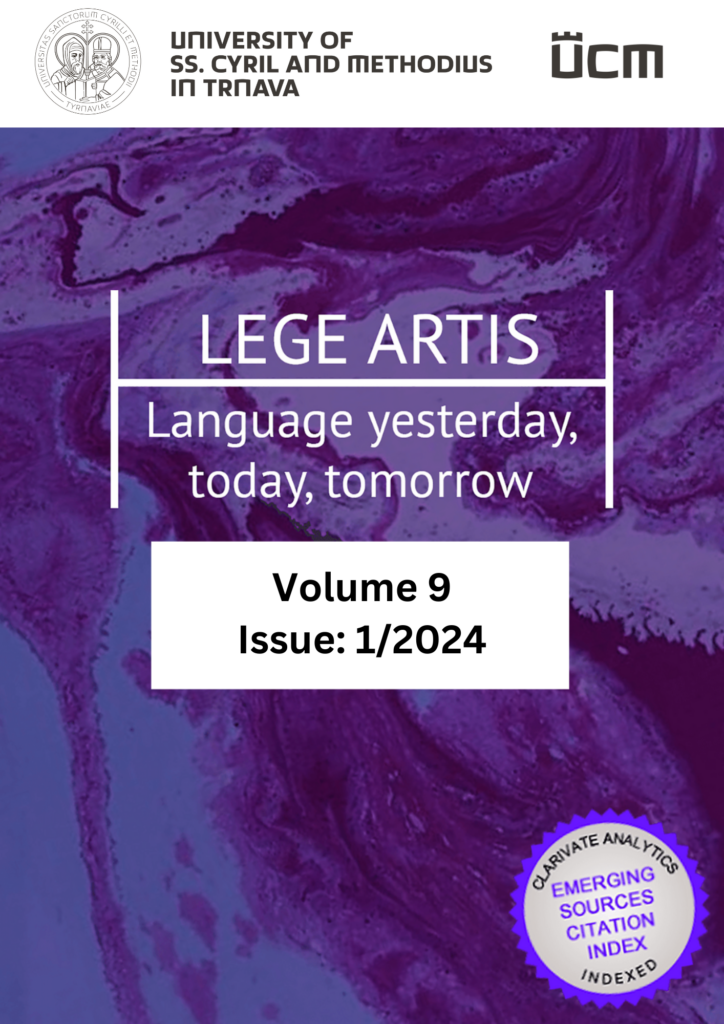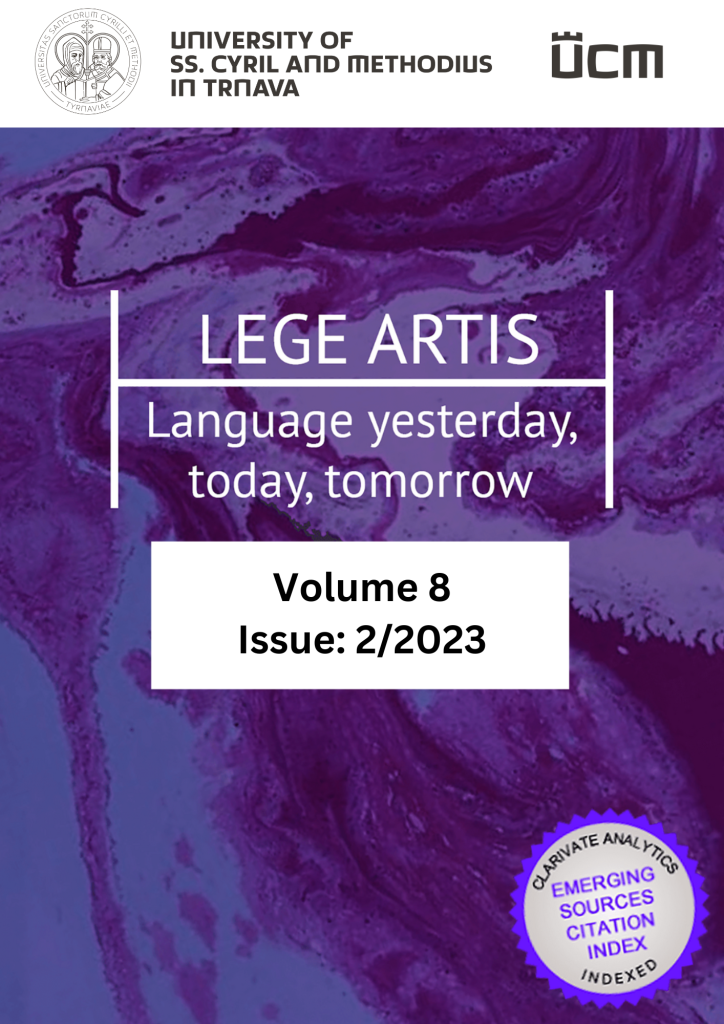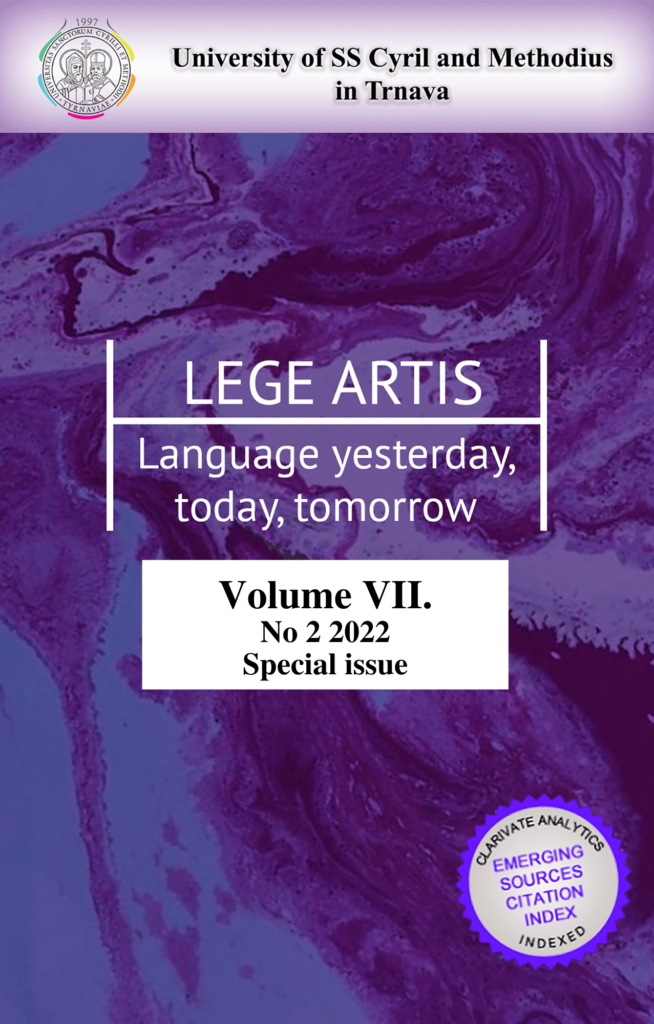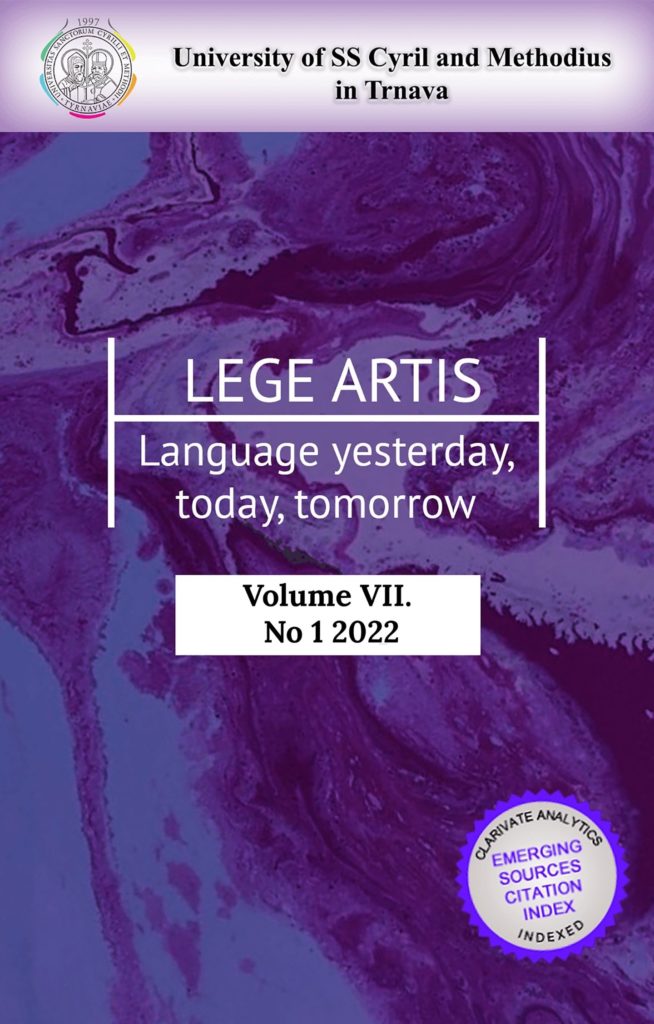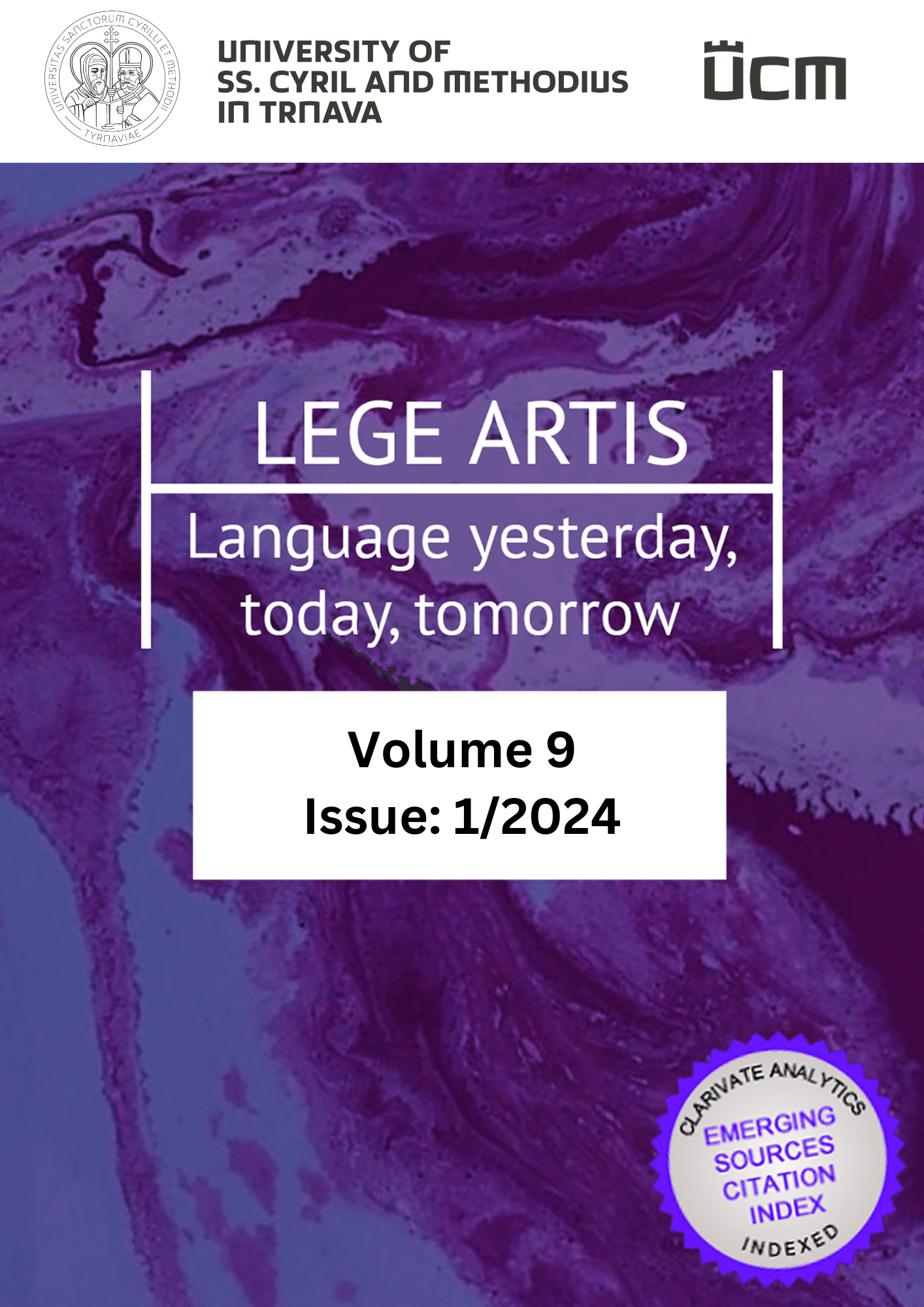The Department of English Studies at the University of Rzeszów has the pleasure of announcing the
fourth edition of the conference Culture and Cognition in Language: CCL 4. The conference is aimed
at viewing language as a both cultural and cognitive phenomenon.
Intending to stay in touch with challenges and problems of the contemporary world, discourse
analysis focuses on how language both shapes and is shaped by social, cultural and cognitive
contexts. Thus, linguists involved in discourse studies have been constantly addressing current
social issues, such as, the censorship of offensive metaphors, anti-immigrant attitudes among
politicians, figurative conceptualisation of emotions accompanying death of a child
or metaphorical scenarios in conspiracy theories. Given this, we would like to suggest submissions
concerning the analysis of discourses on issues relevant to the contemporary society, e.g.
- Power and ideology
- Manipulation vs persuasion
- Misinformation: fake news and conspiracy theories
- Prejudice and stereotypes
- Inequality
- Crisis and conflict (social, inter- and intra-personal, etc.)
- Identity (social, national, gender, etc.)
- Relationships
- Health and illness
- Natural world
This year’s leading theme is: Current approaches to discourse analysis
CCL 4 website: http://ur.edu.pl/ccl
While we will especially appreciate presentations aligned with the theme of the conference, and
proposed topics, we are open to papers on all topics discussing language from the cultural and
cognitive perspective.
We invite proposal submissions for 20-minute presentations. Abstracts of a maximum 300 words
(excluding references) should be submitted in .docx format by November 30th, 2024 via
conference e-mail: ccl@ur.edu.pl. Notification of acceptance will be sent by January 15, 2025.
Contact: ccl@ur.edu.pl
